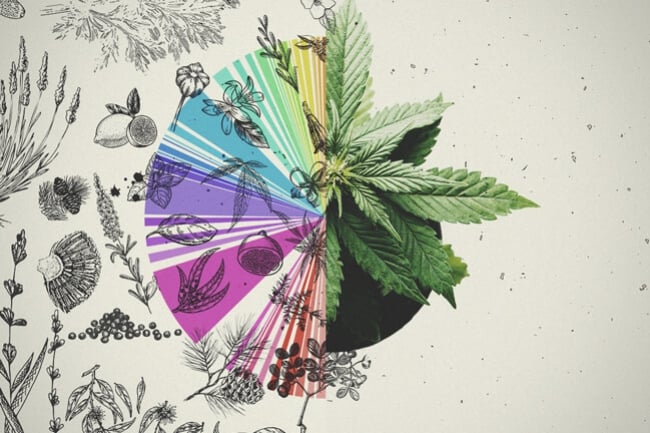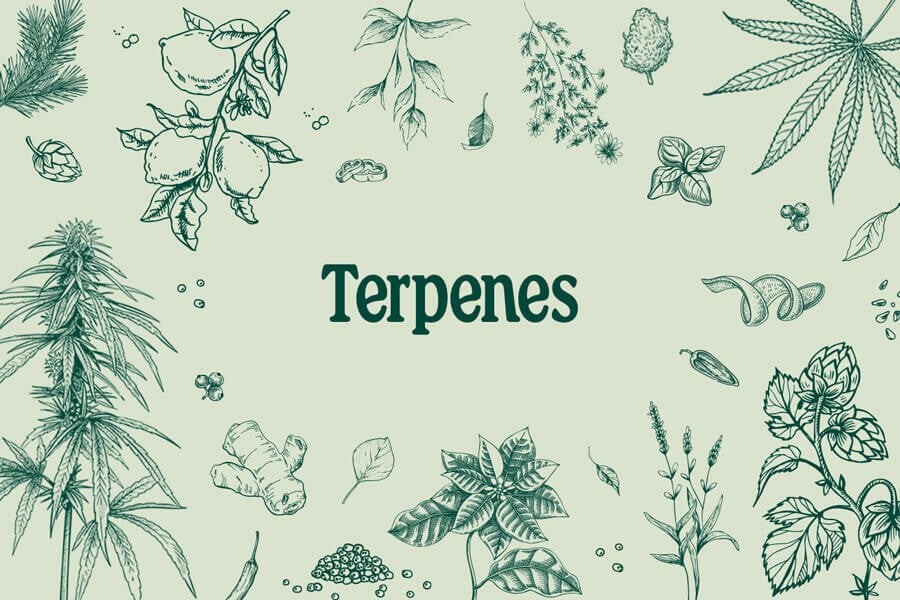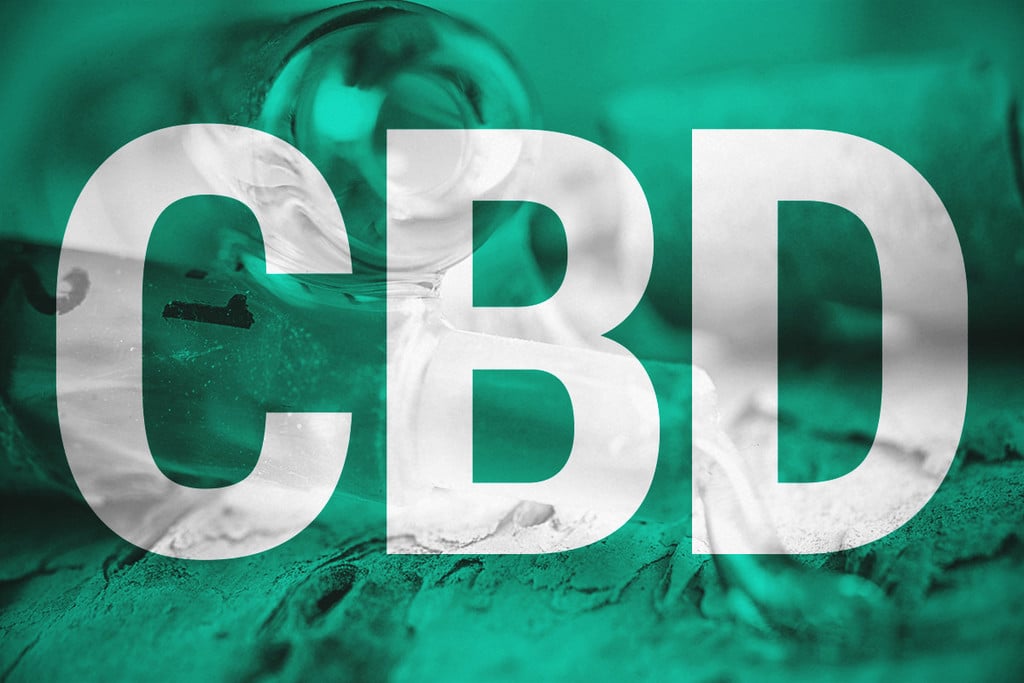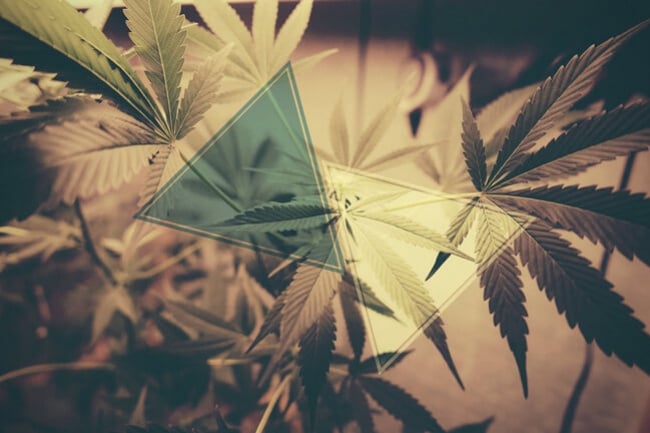.
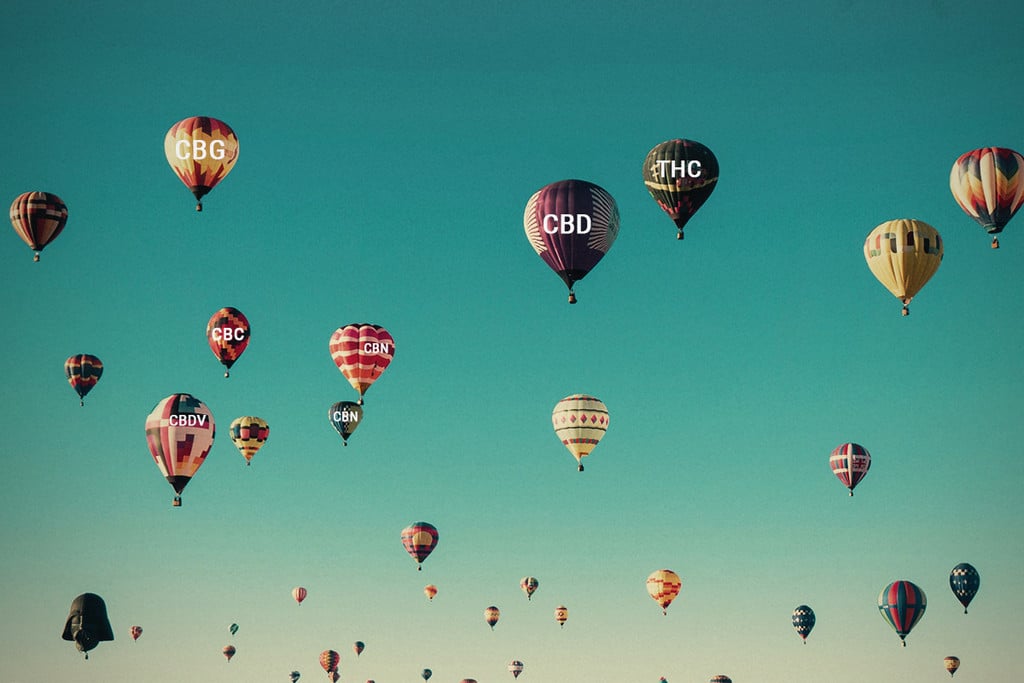
Will Full-Spectrum CBD Oil Get You High?
Many sources claim full-spectrum CBD oil is superior to broad-spectrum or CBD isolates. And they just might be onto something! In this article, we take a closer look at full-spectrum CBD, how it works, and why it's incapable of causing a high—even at extremely high doses.
WILL FULL-SPECTRUM CBD OIL GET YOU HIGH?
Looking to try full-spectrum CBD oil? If so, you might be worried about the trace amounts of THC these products contain, and whether they are capable of causing a high. Read on for a detailed look at full-spectrum CBD oil, how it works, and whether taking it runs any risk of intoxication.
UNDERSTANDING CANNABIS PHARMACOLOGY AND EXTRACTION
Before we can start talking about full-spectrum CBD and how it differs from broad-spectrum or isolate supplements, you first need to understand the basics of cannabis pharmacology.
The cannabis plant contains over 400 chemical constituents, including cannabinoids like THC and CBD, terpenes, flavonoids, and much more. Innovative techniques like CO₂ extraction can harness these delicate compounds, while separating off any unnecessary plant matter. The final product is known as full-spectrum or whole-plant cannabis extract.
CBD COMES IN 3 DIFFERENT FORMS
If you’ve shopped around for CBD supplements, you may have noticed the following terms: full-spectrum, broad-spectrum, and isolate. These are the three main types of CBD currently on the market, and they differ quite substantially.
Full-spectrum CBD supplements are made with whole-plant cannabis extract. This means they contain most of the compounds naturally found in cannabis, including other cannabinoids besides CBD, terpenes, and more.
Broad-spectrum CBD supplements contain all the terpenes and cannabinoids naturally found in cannabis—except THC. This is the only real difference between broad- and full-spectrum CBD products.
CBD isolates, as the name suggests, contain just CBD that has been isolated from the other compounds naturally found in cannabis.
FULL-SPECTRUM CBD OIL AND THE ENTOURAGE EFFECT
Isolated CBD, from a scientific standpoint, is the purest form of CBD available. But does that mean it is the most effective? Well, not necessarily.
Research into cannabis shows that compounds in the plant can interact and synergise with each other. This is known as the “entourage effect”, and it’s what some of the world’s leading cannabis researchers believe gives the plant its unique effects.
One of the first cannabis researchers to talk about the entourage effect was Raphael Mechoulam. Mechoulam, together with a team of researchers from The Hebrew University Medical Faculty in Israel, first described the entourage fact in a 1998 study[1] published in the European Journal of Pharmacology. Today, the entourage effect is widely regarded as a key player in cannabis’ potential as a medicine.
In fact, case studies have shown us that isolated cannabinoids aren’t as effective at relieving symptoms as whole-plant cannabis extracts. Marinol is a perfect example. Marinol is an FDA-approved synthetic version of pure THC designed to help calm nausea, vomiting, and wasting syndrome in patients with cancer and HIV/AIDS. And while Marinol does work for some patients, it generally provides much more limited relief than natural THC sourced from cannabis. This is believed to be due to the entourage effect.
Another example of the entourage effect can be seen by looking at the interaction between THC and CBD. As you’re probably aware, high doses of THC can cause some unpleasant side effects like paranoia, anxiety, nausea, and more. Studies[2] have shown that CBD can help counteract some of these effects by inhibiting THC’s ability to bind to CB1 receptors in the central nervous system.
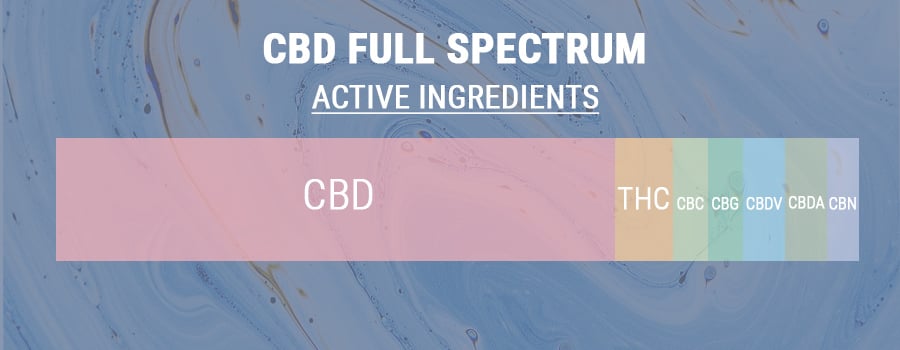
IS FULL-SPECTRUM CBD OIL BETTER?
As we mentioned earlier, cannabis contains over 400 different chemicals, and we’re convinced that the plant’s therapeutic potential is owed to all of these compounds, not just isolated compounds like THC or CBD.
Note that this doesn’t necessarily mean that full-spectrum CBD is “better” than broad-spectrum or CBD isolate. Like with any supplement, using CBD is about finding what works for you, so make sure to try out a variety of CBD products till you come across something that works.
WHAT ABOUT THE THC IN FULL-SPECTRUM CBD OIL? WILL IT GET ME HIGH?
Now to answer one of our original questions: Will the THC in full-spectrum CBD get you high? All cannabis plants, including hemp varieties, naturally contain THC. Industrial hemp from the US, Canada, and Europe, for example, contains a maximum of 0.3% THC (exact figures are country-dependent). Hence, any full-spectrum CBD supplements will contain some concentration of THC, even if it was made using legal, industrial hemp.
Now, remember that the THC in full-spectrum supplements is present only in trace amounts. These amounts are far too low to have any kind of intoxicating effect on the body, even if you take extremely high doses of CBD products on a daily basis. So there you have it—no, full-spectrum CBD oil derived from industrial hemp will not get you high.
WILL FULL-SPECTRUM CBD OIL MAKE ME FAIL A DRUG TEST?
The one place where things get a bit weird has to do with drug tests. Unfortunately, spontaneous drug tests are a reality for many people. If this applies to you, you may be worried about failing a test due to using full-spectrum CBD with trace amounts of THC. In most cases, you have absolutely nothing to worry about.
Drug tests work by screening for THC metabolites, particularly THC-COOH. Most tests have a threshold below which any reading comes up negative. In the US, workplace urine tests usually scan positive at 50ng/ml or higher.
In most cases, the trace amounts of THC present in full-spectrum CBD supplements aren’t enough to produce a positive drug test reading. In 2001, for example, the Journal of Analytical Toxicology published a paper[3] evaluating the effect of hemp food/supplement consumption on workplace drug tests.
The study involved 15 subjects who consumed hemp oils with trace THC doses ranging from 0.09mg to 0.6mg over 10 days. The participants then underwent urine testing for THC metabolites. Only 1 participant (who had consumed a 0.6mg daily dose of THC) tested positive. This dose of THC, however, is equivalent to about 125ml of hemp oil daily, which is much more than a regular dose of CBD oil.
IN MOST CASES, FULL-SPECTRUM CBD OIL IS THE WAY TO GO
If you’re interested in trying CBD, and want to maximise the health benefits you get from these supplements, we highly recommend trying full-spectrum products. These products contain much more than just CBD, and therefore allow you to experience all the benefits of cannabis, without the high associated with THC.
- An entourage effect: inactive endogenous fatty acid glycerol esters enhance 2-arachidonoyl-glycerol cannabinoid activity. - PubMed - NCBI https://www.ncbi.nlm.nih.gov
- Does Cannabidiol Protect Against Adverse Psychological Effects of THC? https://www.ncbi.nlm.nih.gov
- Evaluating the impact of hemp food consumption on workplace drug tests. - PubMed - NCBI https://www.ncbi.nlm.nih.gov


























